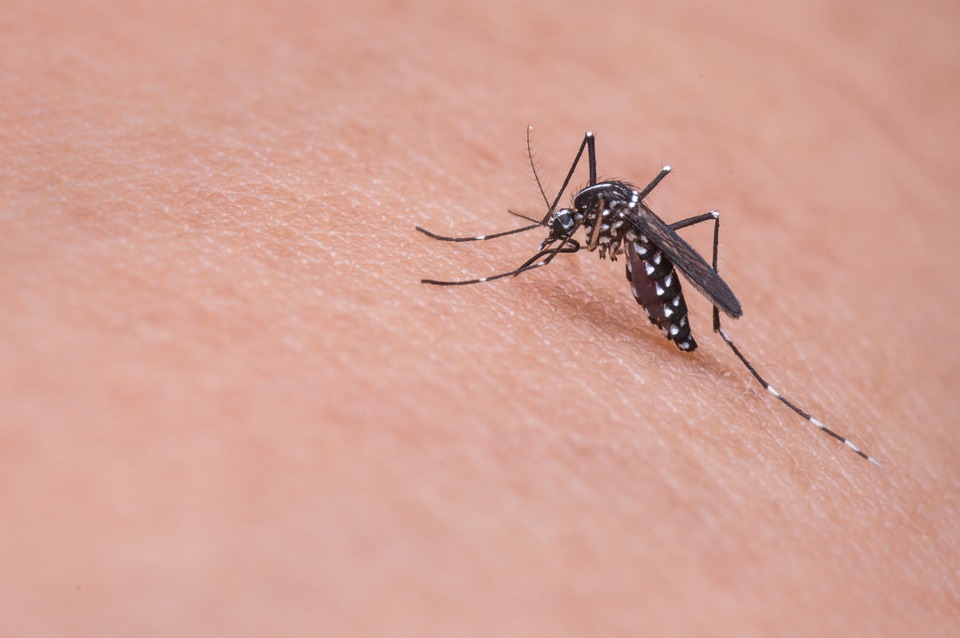
Many of us can recall the terror of the Zika-virus back in January. In most cases, the symptoms of the virus are relatively mild, including light fever, aches and rashes. Despite this, WHO (the world health organization) has declared a Public Health Emergency of international concern, as they feared a link between the virus and serious birth defects. Although this link has not yet been fully proven, researchers around the globe are being urged to find ways to stop the virus from spreading.
One such recourse is being presented by Oxitec, a company working with genetically modified insects to combat disease outbreaks. Their solution consists of cultivating mosquitoes with an altered genome (GMO) and then releasing these mosquitoes into Zika-exposed areas. The males of the modified breed will breed with a fraction of the female mosquito population during mating season, and produce infertile offspring. This will effectively reduce the population of mosquitoes for as long as these genetically engineered mosquitoes are able to mate.
Another potential measure to stop Zika might be found in a bacterium called Wolbachia. Researchers have found by coincidence that mosquitoes carrying this germ are immune to the Dengue virus, a close relative to Zika. It is known that the bacteria can spread from female mosquitoes to their offspring, and experiments are now being conducted in Indonesia and Brazil, with the aim of testing its efficiency.
Simply repelling mosquitoes seems to be insufficient. Furthermore, extensive usage of the pesticide DDT in the 1950’s and 60’s resulted in dramatic negative effects on bird populations. Whether the Zika-virus actually causes microcephaly or not, finding techniques to stop it from spreading is an intricate task for the scientific community. Such findings will also ease our fight against other viral vectors to come.

